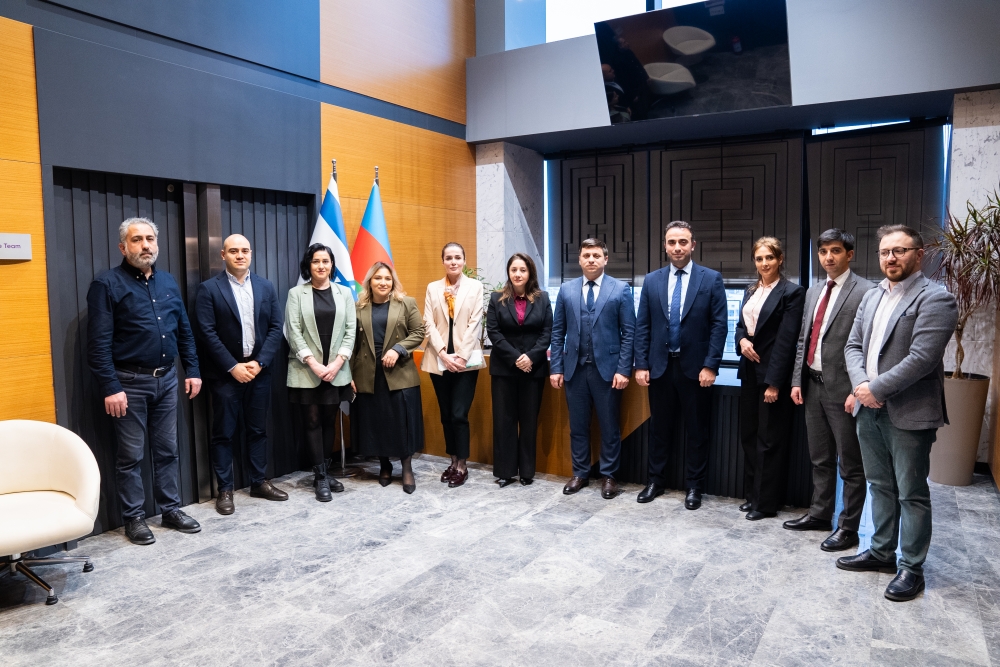The Azerbaijani Cybersecurity Center (ACC) under the Innovation and Digital Development Agency has signed a cooperation agreement with the Baku State Vocational Education Center in the framework of the "Brain Center" project. Within the scope of this agreement, the following activities will be carried out by the ACC at the Vocational Education Center:
- The syllabi of the courses in Information and Communication Technologies, Information Security, and Cybersecurity will be evaluated, new topics will be proposed, and the syllabi will be updated in line with modern requirements.
- Various seminars, training sessions, and workshops will be organized for teachers and students in the fields of computer systems programming, Information and Communication Technologies, and Cybersecurity.
- A portion of the students will gain practical experience at the Azerbaijani Cybersecurity Center, and relevant opportunities will be explored for this process.
- Lectures and seminars will be conducted by ACC experts for students both in-person and remotely, and if necessary, specialists will be involved in the teaching process as instructors.
- ACC experts and Agency employees will jointly participate in practical lessons, teaching students practical skills in addition to theoretical knowledge.
- If the center’s laboratory facilities are insufficient, practical training will be organized using the resources of the ACC.
- In the framework of the ACC’s cooperation with Israel's “Technion” Development and Research Fund, students participating in training programs will be credited for relevant courses.
- Support will be provided for the establishment of "Cyber Clubs" at educational institutions, and action plans for these clubs will be prepared.
It is worth noting that the "Brain Center" project aims to enhance the education and professional training of human capital in the field of cybersecurity in the country. The project targets integrating the latest global trends and modern tendencies in cybersecurity into the educational process by collaborating with higher and vocational education institutions. Modern training equipment is being installed, virtual laboratories are being created, and conditions are being provided for students to gain professional experience. Additionally, cyber clubs are being established at universities, labor market requirements are being studied, and this knowledge is being integrated into the curriculum.







